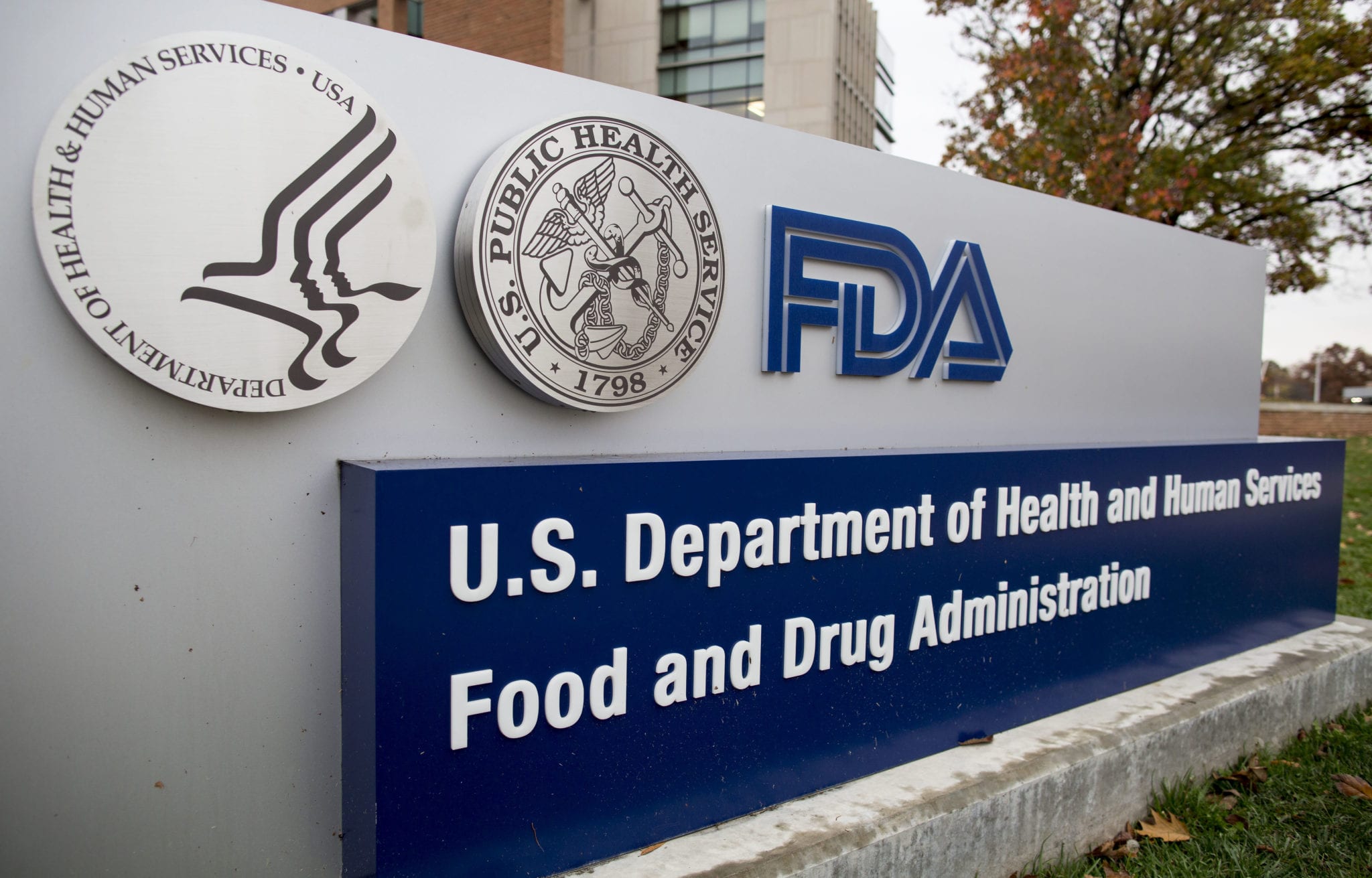
Source: AP Images
In another blow to Intercept, the FDA is investigating Ocaliva for potential risk of liver disorder
Just a month before handing Intercept Pharmaceuticals a CRL for Ocaliva in NASH, the FDA began evaluating the drug for a potential risk of …
Sign up to read this article for free.
Get free access to a limited number of articles, plus choose newsletters to get straight to your inbox.